Resolution No. 71-NQ/TW dated August 22, 2025 of the Politburo on breakthrough in education and training development (Resolution 71) is considered a new revolution with large, specific goals, tasks, and strong breakthrough solutions, bringing Vietnamese education and training into the flow of world education.
"Resolution 71 is considered a strategic milestone, creating a breakthrough in thinking, awareness and institutions for Vietnamese education . Not only is it consistent with the viewpoint that 'education and training is the top national policy', Resolution 71 also affirms the role and mission of education as 'deciding the future of the nation'," said Associate Professor Dr. Nguyen Vu Quynh, Vice Principal of Lac Hong University (Dong Nai).
According to Mr. Quynh, Resolution 71 also demonstrates the Party's new vision and strategy for the future education system, when digital technology and artificial intelligence are reshaping education globally.
- Resolution 71 for the first time affirmed that education and training is the "decisive factor of the nation's destiny", surpassing the long-standing viewpoint of "top national policy". In your opinion, how important is this viewpoint to the country's development in the coming period?
- Associate Professor, Dr. Nguyen Vu Quynh: This shows the elevation of the role of education in the national development strategy; it is of special importance because it affirms that education is not only a priority area but also a vital factor, deciding the future and strength of the nation.
At the same time, Resolution 71 also requires strong innovation in thinking, mechanisms, policies, investment in resources and human resource quality so that education truly becomes a key driving force for the country's rapid, sustainable development and international integration in the coming period.
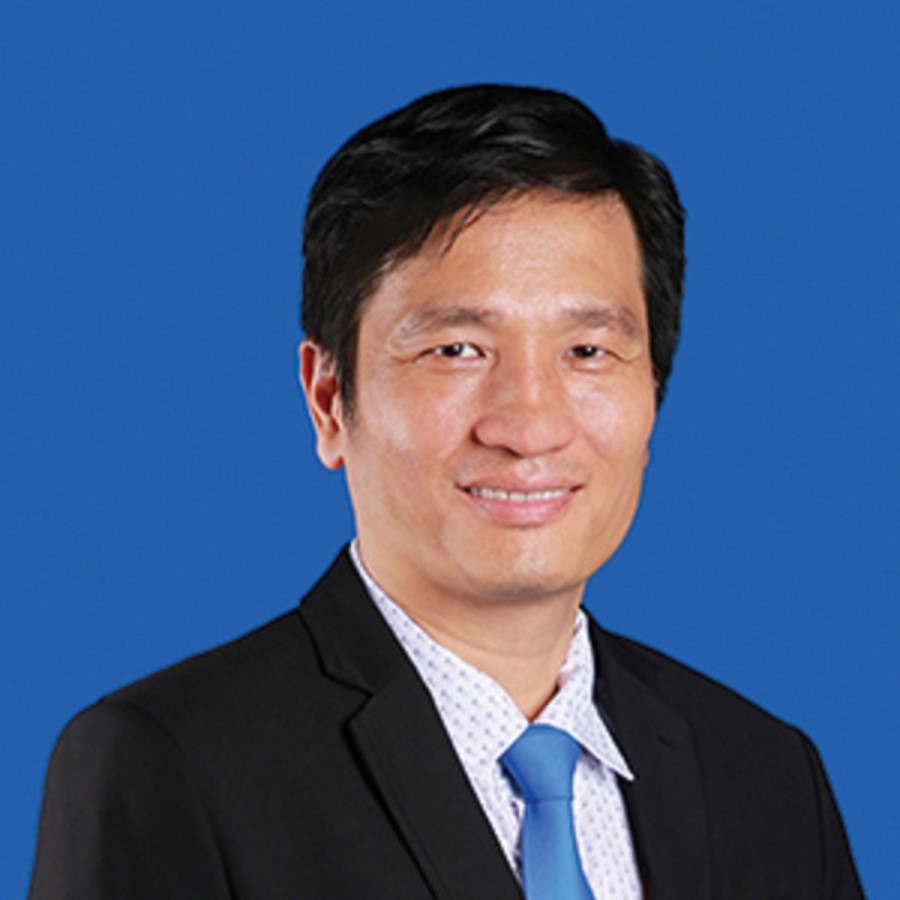
- Resolution 71 emphasizes granting more comprehensive autonomy to higher education institutions. In your opinion, what are the benefits and challenges of this autonomy mechanism?
- Resolution 71 emphasizes granting more comprehensive autonomy to universities, which helps schools to be flexible in governance, improve training quality, mobilize more resources, compete for development and international integration, but also contains potential risks such as the gap between strong and weak schools, increased tuition fees causing inequality, the risk of lack of transparency in governance, chasing profits or rankings while ignoring social needs.
Therefore, educational institutions are also looking forward to a clear legal corridor, a strict monitoring mechanism and appropriate support policies to ensure that autonomy truly benefits education and society.
- In your opinion, what mechanism is needed for universities to implement autonomy effectively, transparently and in association with social responsibility?
- To effectively implement autonomy, transparency and social responsibility, universities need a clear legal framework on authority and responsibility, transparency in governance and finance, building a capable leadership team with a reasonable governance structure, and strategic orientation linked to national and community development needs.
At the same time, schools need to establish effective quality assurance and evaluation systems, promote the participation of lecturers, students and stakeholders, and build a culture of ethics and responsibility throughout the school.
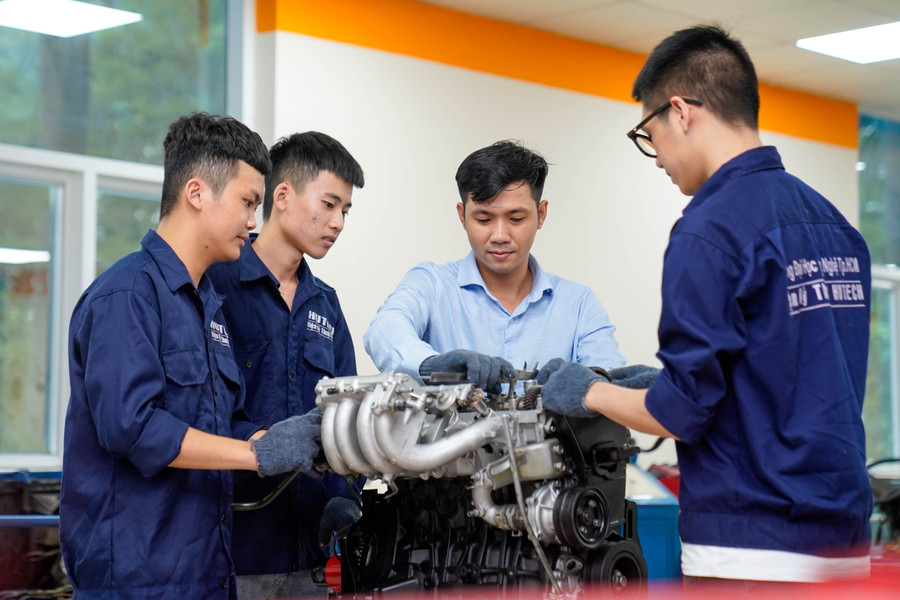
- The resolution also identifies the application of artificial intelligence (AI) and promoting international integration as key tasks. In your opinion, how can Vietnam make the most of these trends, improve the quality of education, and narrow the gap with advanced countries in the world?
- First, Vietnam needs to issue a national AI strategy in education - which defines AI competency standards for students, teachers, data standards and ethics. Next, organize short-term training programs to improve teachers' AI application capacity, and at the same time pilot a personalized learning model in some schools.
Vietnam also needs to update its curriculum to integrate digital skills and AI content, and invest heavily in digital infrastructure (network, server, LMS - Learning Management System) so that all students have equal access.
In addition, it is necessary to develop standards for testing and recognizing international digital skills certificates to increase opportunities for students to go abroad. To take advantage of international integration, Vietnam should cooperate strategically with foreign universities, organizations, and businesses, open joint programs, exchange lecturers, allow students to do international internships, and use the network of part-time professors abroad.
When implementing, it is necessary to focus on addressing risks such as access inequality (investment in disadvantaged areas), student data security, and changing assessment methods - less reliance on memory tests, more assessment of competencies, projects, and portfolios.
Finally, set up indicators to track progress such as: the rate of teachers trained in AI, the rate of schools with standard LMS connections, the rate of students with digital/AI skills certificates, the number of new international programs, as well as improved learning outcomes after the pilot.
Thank you very much.
Source: https://giaoducthoidai.vn/nghi-quyet-71-khoi-thong-diem-nghen-tao-dot-pha-phat-trien-giao-duc-post750483.html



![[Photo] Hanoi morning of October 1: Prolonged flooding, people wade to work](https://vphoto.vietnam.vn/thumb/1200x675/vietnam/resource/IMAGE/2025/10/1/189be28938e3493fa26b2938efa2059e)




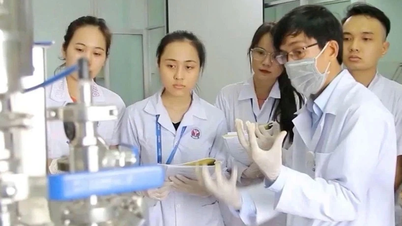

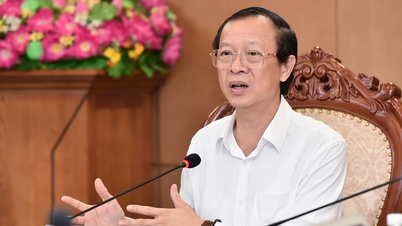

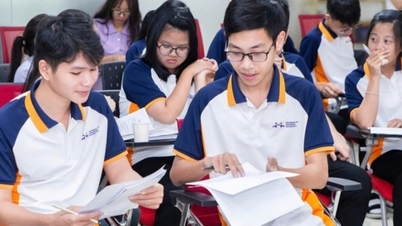

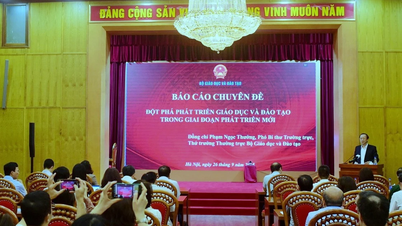
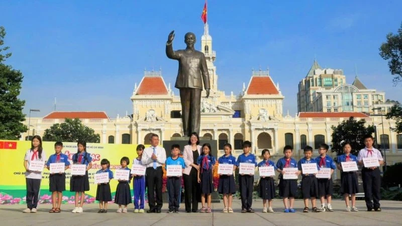

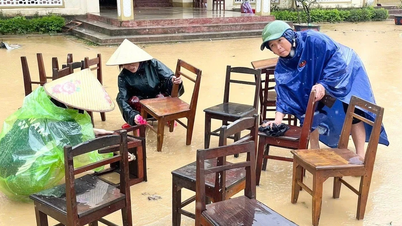
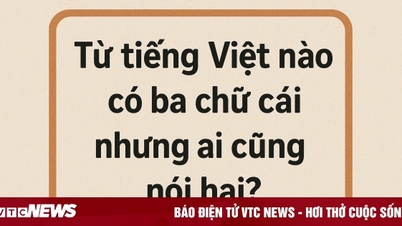

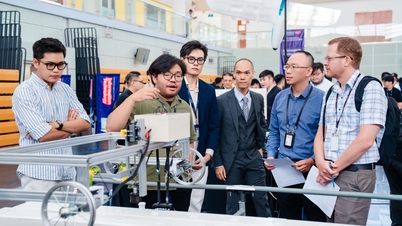

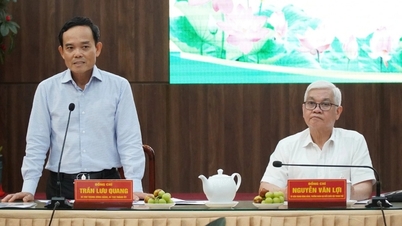

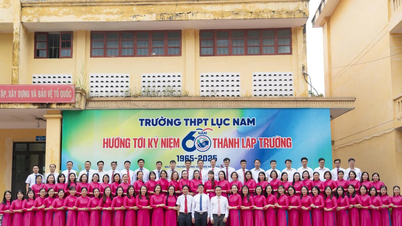




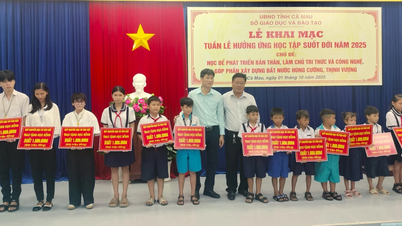


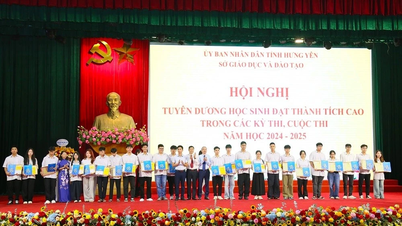


![[Photo] President Luong Cuong receives President of the Cuban National Assembly Esteban Lazo Hernandez](https://vphoto.vietnam.vn/thumb/1200x675/vietnam/resource/IMAGE/2025/9/30/4d38932911c24f6ea1936252bd5427fa)
![[Photo] Panorama of the cable-stayed bridge, the final bottleneck of the Ben Luc-Long Thanh expressway](https://vphoto.vietnam.vn/thumb/1200x675/vietnam/resource/IMAGE/2025/9/30/391fdf21025541d6b2f092e49a17243f)























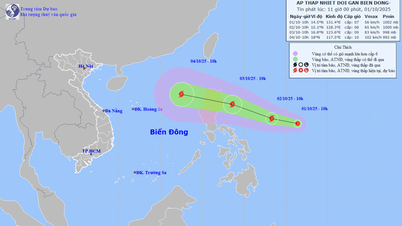
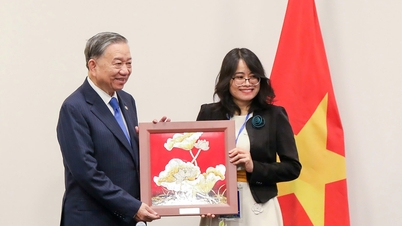

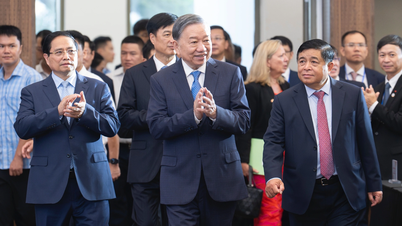





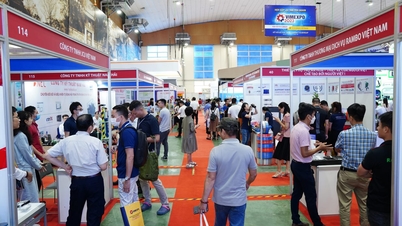




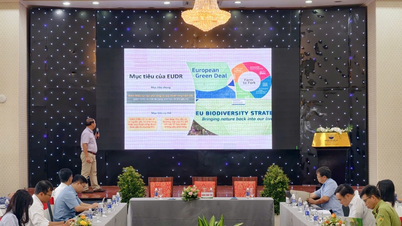

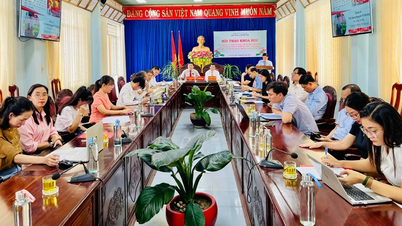


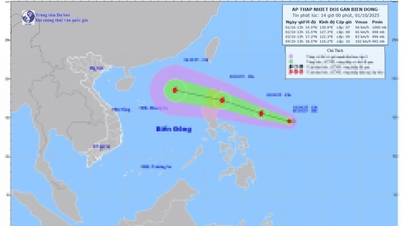
















Comment (0)